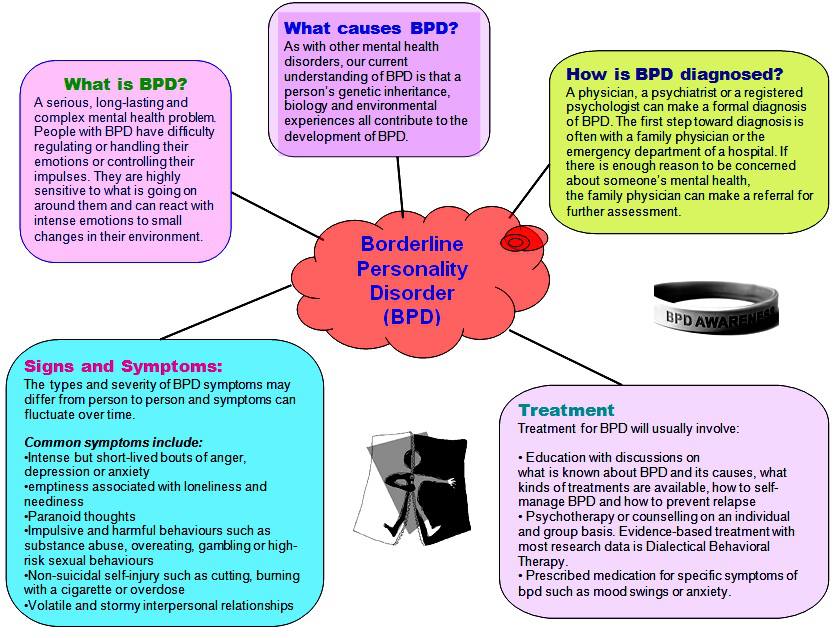Divorce can feel like a full-time job. It can be all-consuming, affecting every aspect of your life. Between the (sometimes) contentious texts with your ex-partner, phone calls to your attorney and figuring out child custody, where you are going to live and how your new life will look, there is almost always a sense of uncertainty or fear just below the surface. And regardless of how affluent the couple is, there is often a great deal of worry about the financial future.
Once separated or divorced, the informed spouse already has the experience and relationships to transition financially, but the other spouse has to start from scratch. In my experiences as a divorce financial planner who has specialized in working with the “out” spouse, three fears have emerged as most common. While some degree of worry and apprehension is to be expected, with a little work and planning, these three common divorce fears can be eliminated and can help the out spouse feel more confident and secure.
1. Fear of not getting a fair share. If your finances are simple, it can be easy to evenly divide the assets, but if your finances are more complex (e.g., multiple homes, employer stock options, closely held business, illiquid investments, separate property), this can become much more difficult. The solution is to answer these two questions: What do we own and what is it worth? If you are concerned that assets are not being disclosed, discuss this with your attorney and consider hiring a forensic accountant — basically a financial detective — to help uncover any undisclosed assets. The next issue is to arrive at a fair value for each asset. This is an area that is ripe for abuse. The valuation of family-owned or other privately held companies is inherently prone to subjectivity and, particularly in the divorce context, manipulation.
 Illinois Divorce Lawyer Blog
Illinois Divorce Lawyer Blog


